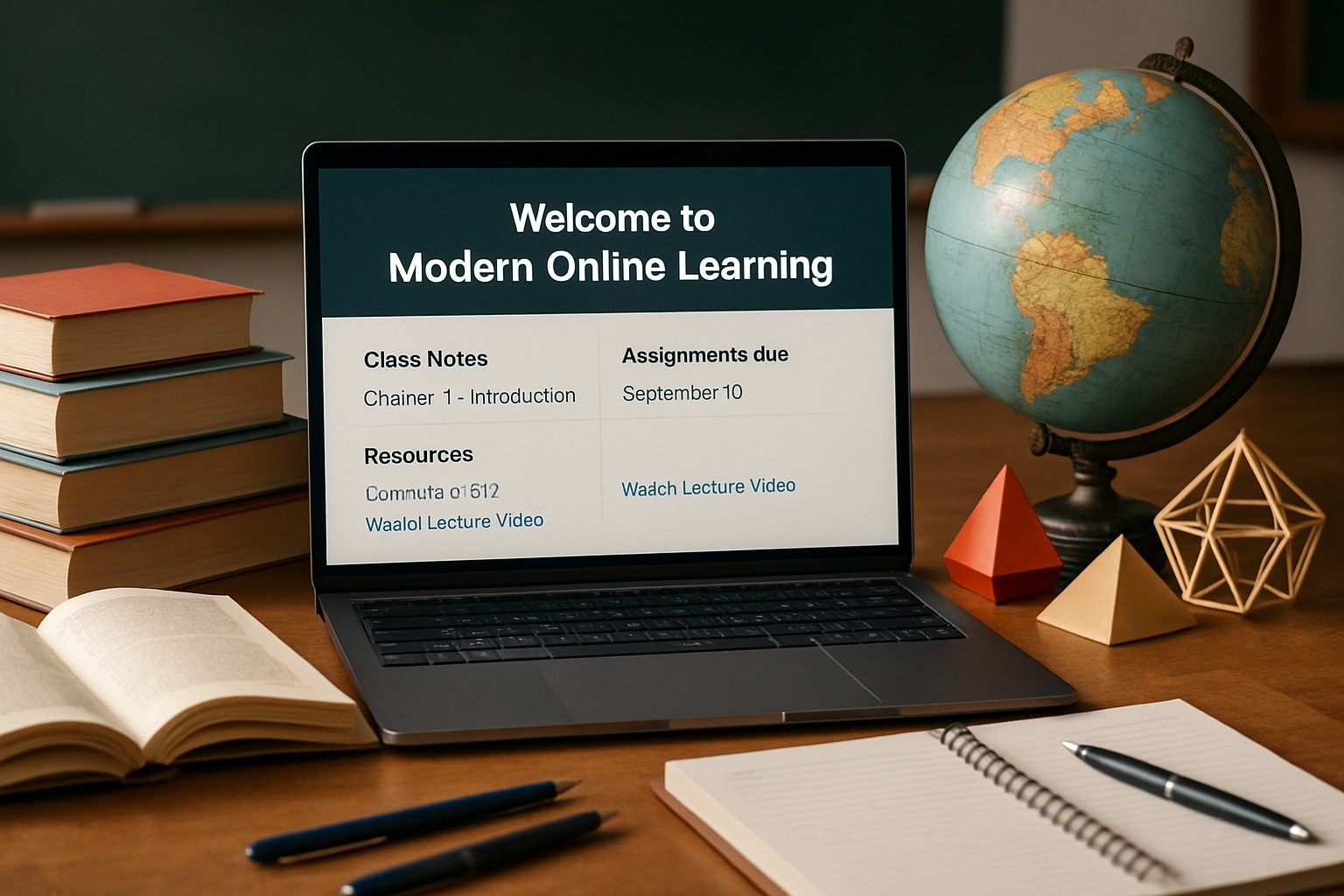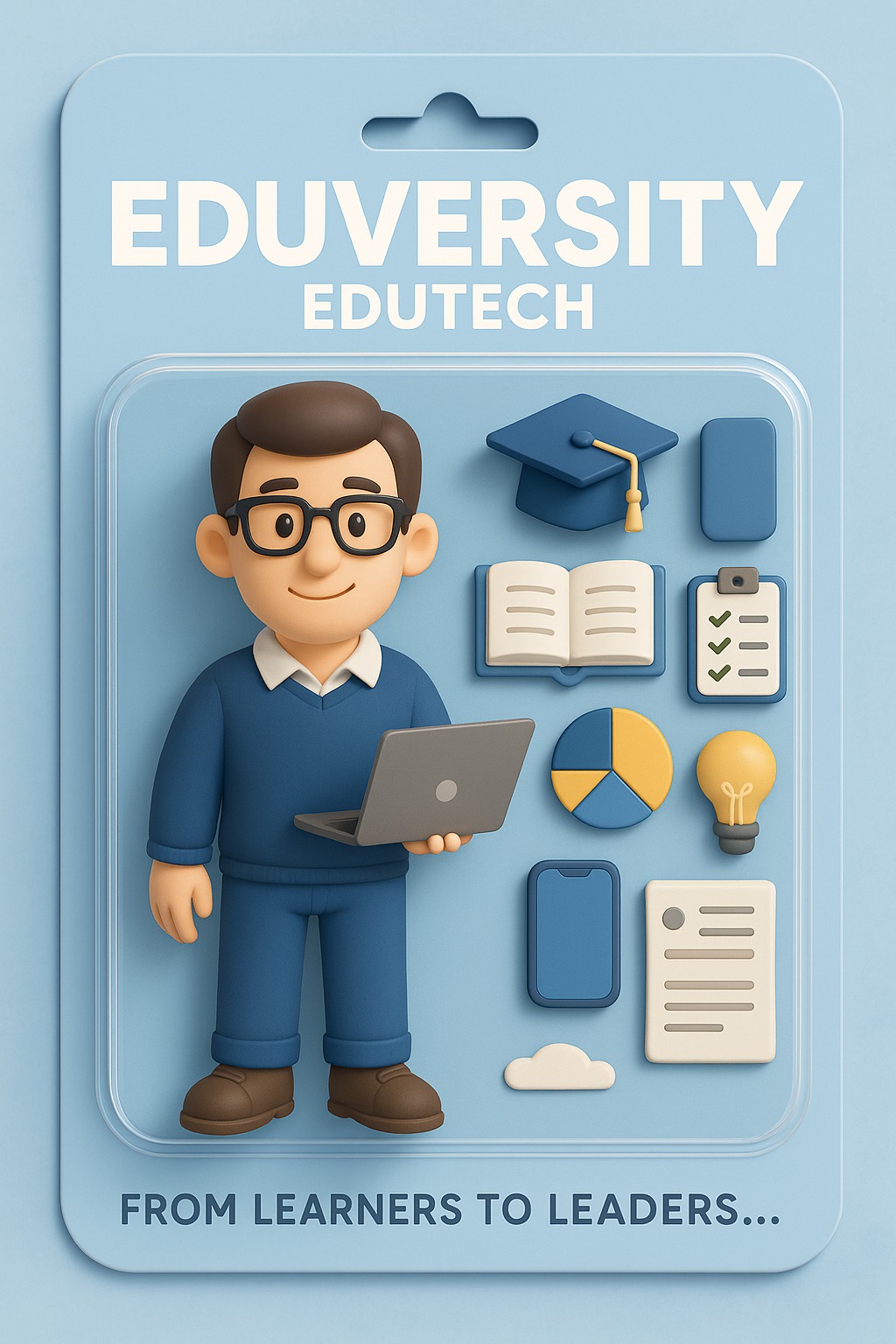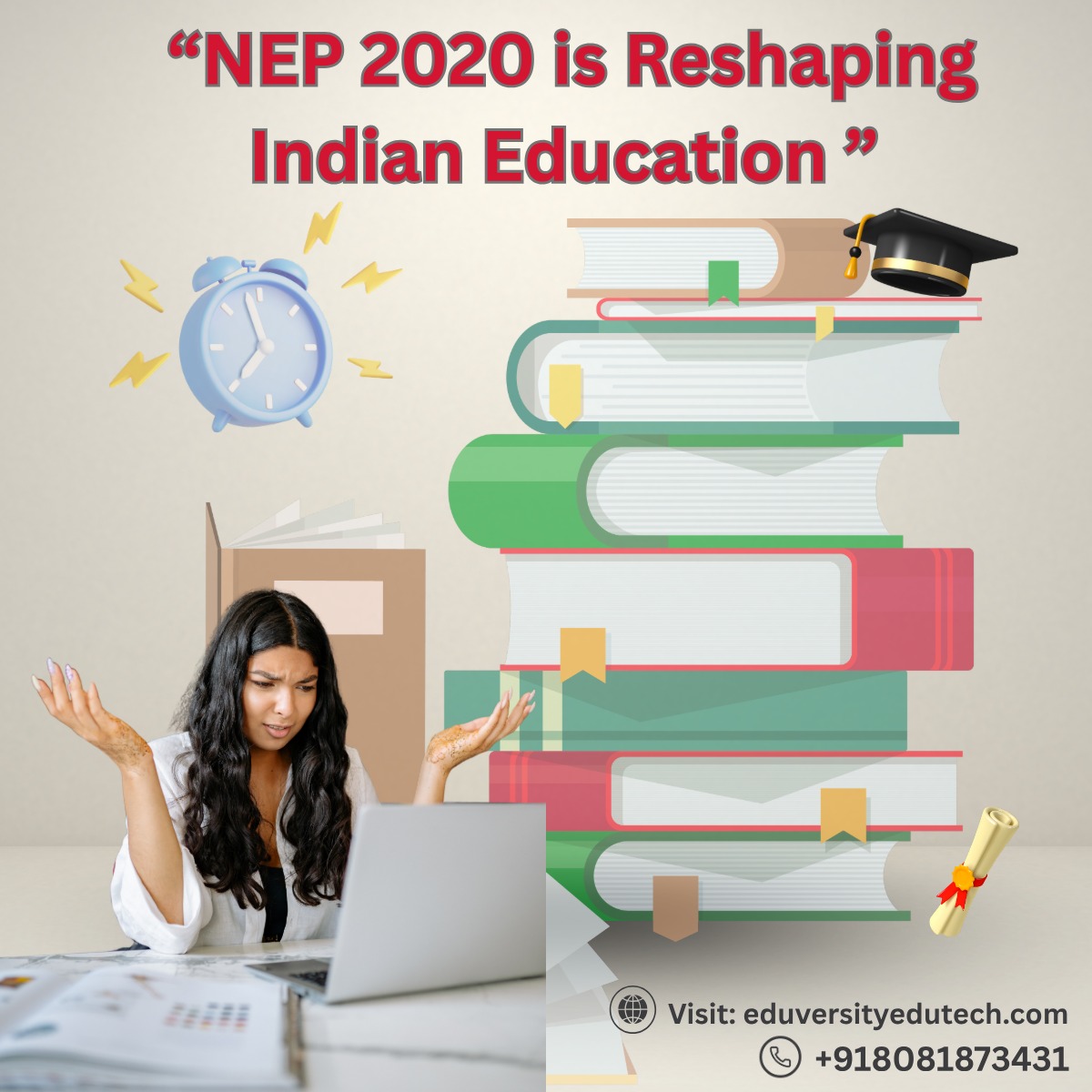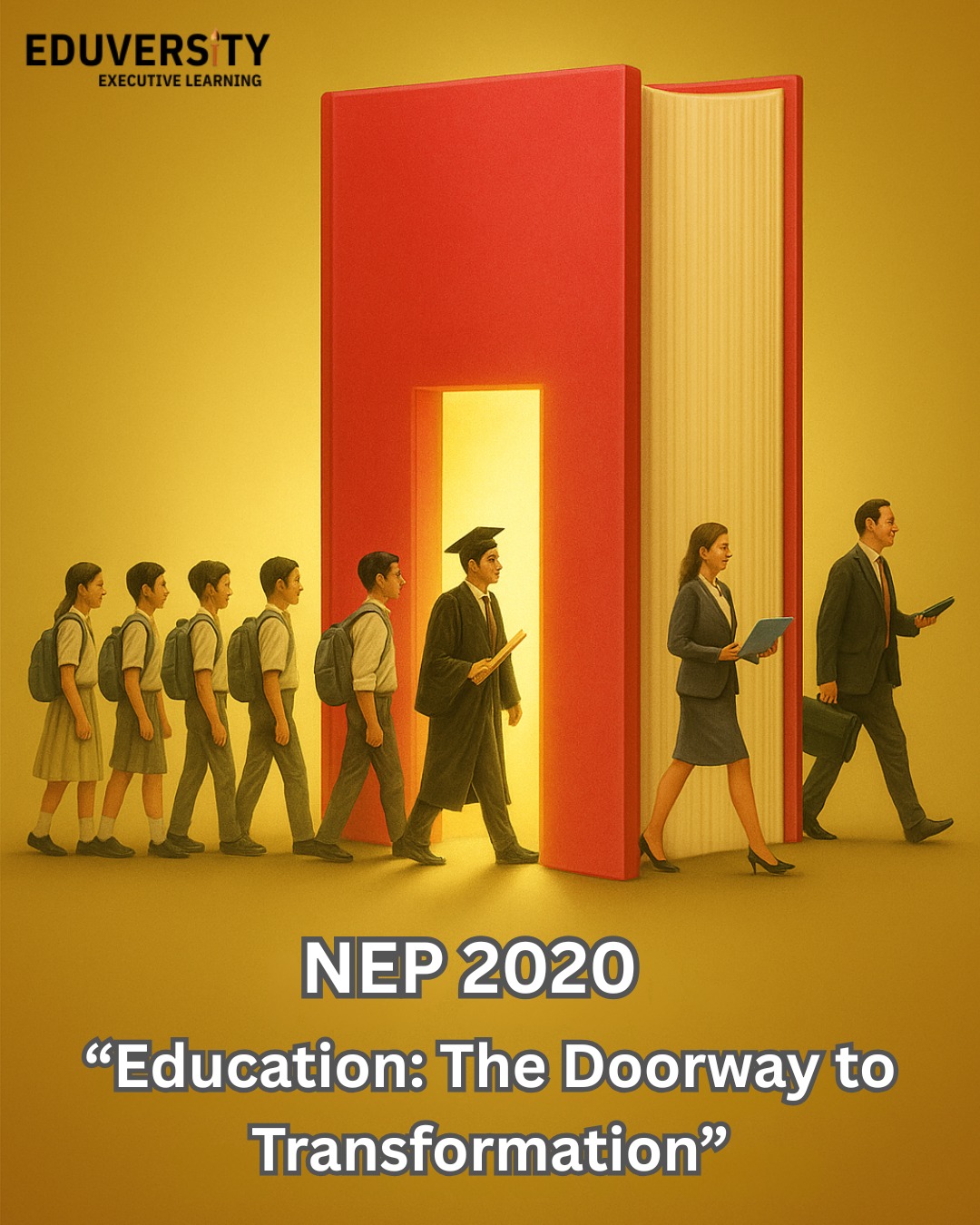For years, the Indian education system was often seen as exam-driven — strong in theory but weak in preparing students for the real job market. The New Education Policy (NEP 2020) is here to change that by shifting the focus from rote learning to skills that actually matter.
So, how exactly is NEP making education more skill-oriented?
- It gives students the freedom to mix and match subjects across streams, encouraging a multidisciplinary approach that reflects real-world needs.
- Institutions are introducing courses in coding, digital literacy, entrepreneurship, and vocational training, ensuring students build job-ready skills.
- Through internships, projects, and experiential learning, graduates now step into the job market with experience, not just a certificate.
- The Academic Bank of Credits allows flexible learning, so students can pause, upgrade, or continue their studies without losing progress — supporting lifelong upskilling.
- And beyond technical knowledge, NEP highlights communication, critical thinking, and creativity — soft skills that employers value just as much as degrees.
The impact is already visible: initiatives like SWAYAM Plus are offering industry-linked training, and Indian universities are making steady progress in global rankings, showing how NEP is aligning our education system
with international standards.
At Eduversity, we believe this policy is not just about classrooms or curriculum. It’s about helping students choose the right course that fits their strengths, passions, and career goals — because the right course today leads to the right opportunities tomorrow.
NEP is more than an education reform. It’s a shift in mindset — from memorizing information to building skills that make students confident, employable, and future-ready.
yet. And with NEP, India is preparing its students to do just that.






